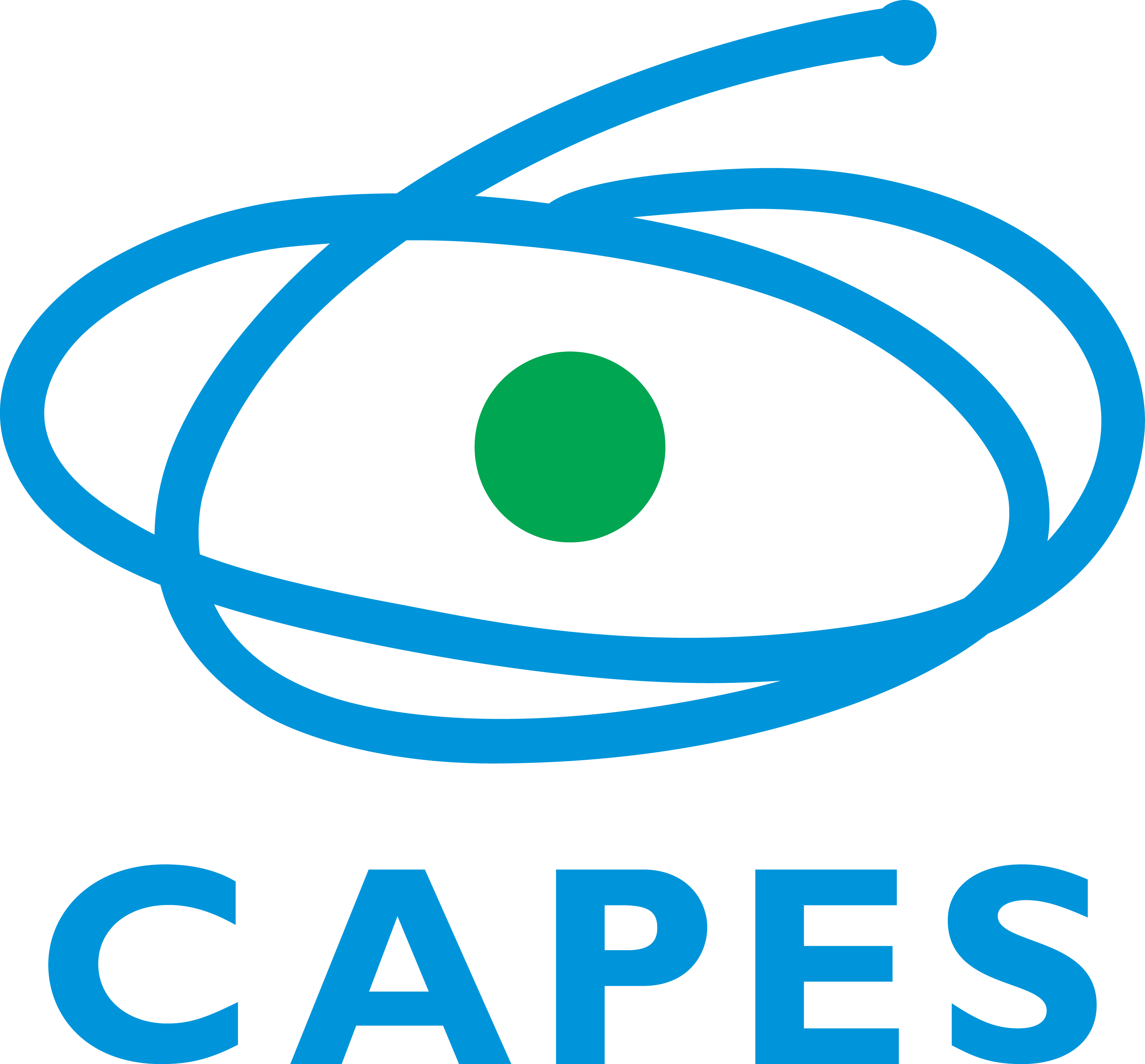Incursions by Clio in Third Margin of the West: experiences of research on teaching the history of the East in a public school of Campina Grande-PB
DOI:
https://doi.org/10.5433/1984-3356.2009v2n3p169Keywords:
History, Far East, Education, Methodologies, BrazilAbstract
Recognizing the difficulties faced by teachers of history in public schools that operate state of Campina Grande-PB, to deal in the classroom, the history of the so-called Far East, especially the shortage and poor accessibility of teaching materials devoted to the subject throughout the national territory, aimed, through this work to establish partnerships between the Academic Unit of History and Geography and the public schools of the High School of Campina Grande, to guide the development of strategies for teaching the history of Japan, China and India. Thus on the basis of a diagnosis on the recurrence of such themes in the content of school programs, promote partnerships in research and development of teaching materials available to students and teachers of the High School of the Colégio Estadual da Prata. It was done through regular meetings and the holding of thematic workshops with students and / or teachers about the issues at stake. From this research it was possible to diagnose the difficulties faced by public schools to teach specific subjects that are still tentatively in textbooks and, in general, require an infrastructure and additional training for specific teachers.
Downloads
Downloads
Published
How to Cite
Issue
Section
License

This work is licensed under a Creative Commons Attribution 4.0 International License.
The journal reserves the copyright on the contributions published, without material compensation for the author, and may make them available online in Open Access mode, through its own system or other databases; you can also make normative, orthographic and grammatical changes in the originals, in order to maintain the cultured standard of the language, with the final consent of the authors. The opinions expressed by the authors are their sole responsibility.









